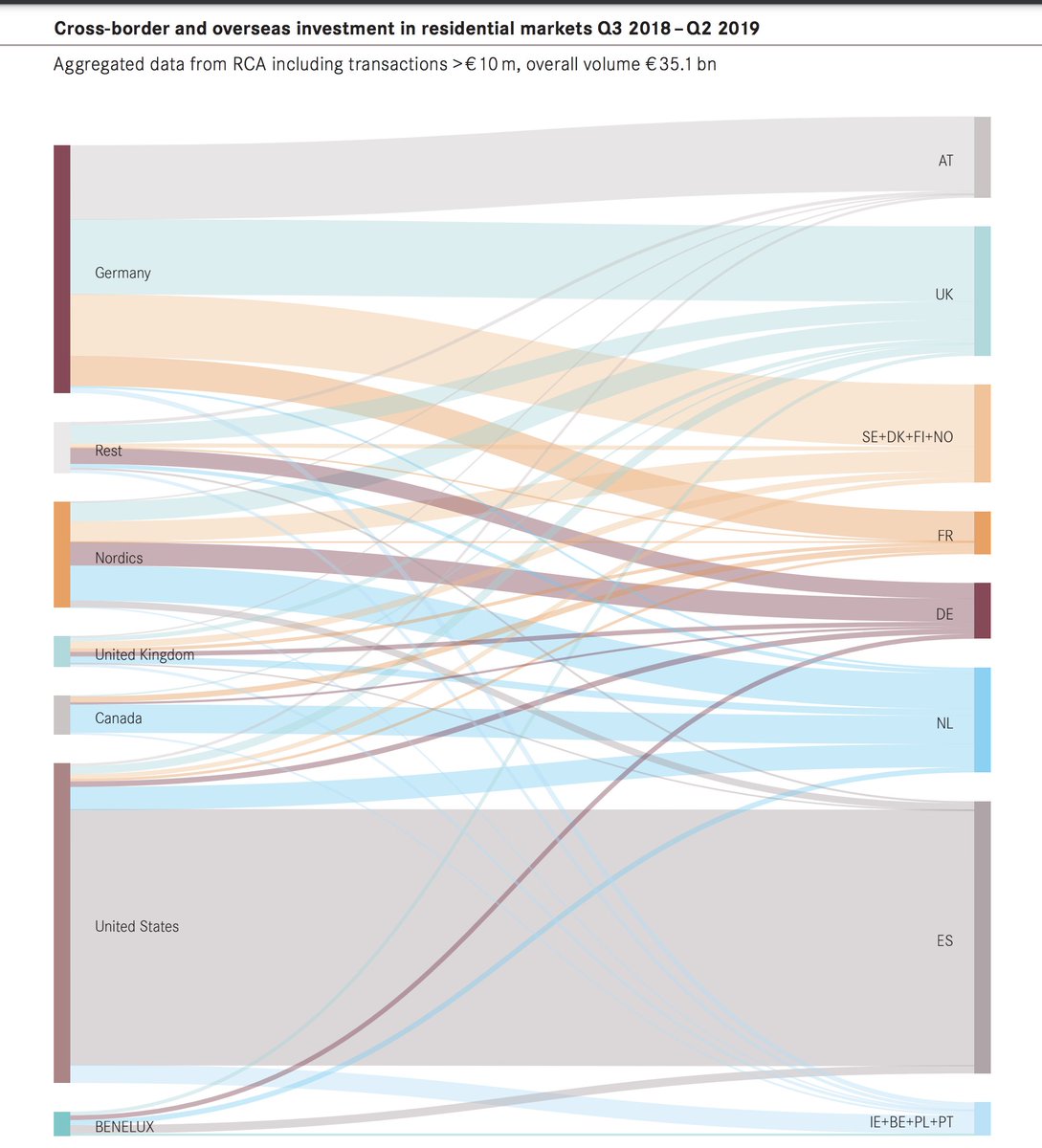
today is Budget day, but dont let fiscal fundamentalists convince you with:
'Sunak cannot sleep', too worried that higher interest rates and inflation will massively increase debt costs, look at this OBR projections, an additional 45bn a year!
'Sunak cannot sleep', too worried that higher interest rates and inflation will massively increase debt costs, look at this OBR projections, an additional 45bn a year!

first, remember, government is spending 20bn less on interest in 2021 than it had forecasted
https://twitter.com/TorstenBell/status/1331594226883325952?s=20
OBR projections identify 3 potential sources for Sunak's 'nightmare': higher gilt yields, higher Bank of England policy rate, and higher inflation.
You will be surprised that Bank of England is expected to inflict the highest damage on the Treasury.
You will be surprised that Bank of England is expected to inflict the highest damage on the Treasury.

gilt rates easy: Treasury will have to borrow more, also replace bonds that mature, rising yields means rising costs. Fair to assume a 1% increase year on year throughout 2025, given historical trends in opposite direction?
Fairly conservative.
Fairly conservative.

inflation: the UK government issued inflation-linked bonds, when inflation goes up, costs of servicing that debt goes up
this is staggering:
if Bank of England raises policy rate by 1% this year (a lot!), then HM Treasury has to pay the Bank 11.7 bn, a lot more than it has to pay new bond holders, or inflation-indexed bond holders.
werent we living in the age of monetary financing?
if Bank of England raises policy rate by 1% this year (a lot!), then HM Treasury has to pay the Bank 11.7 bn, a lot more than it has to pay new bond holders, or inflation-indexed bond holders.
werent we living in the age of monetary financing?
how QE works:
BoE lends to Asset Purchase Facility (APF), APF pays interest on loan (Bank rate) & receives income from gilts it holds.
If interest on gilts > Bank rate, Treasury pays itself
if interest on gilts < Bank rate, Treasury pays Bank of England
BoE lends to Asset Purchase Facility (APF), APF pays interest on loan (Bank rate) & receives income from gilts it holds.
If interest on gilts > Bank rate, Treasury pays itself
if interest on gilts < Bank rate, Treasury pays Bank of England

Bank of England & HM Treasury have designed QE to become a force for austerity as monetary policy leaves zero bound.
Terrible policy framework for green transition, and reminder we wont have good things in this country until we improve fiscal-monetary coordination.
Terrible policy framework for green transition, and reminder we wont have good things in this country until we improve fiscal-monetary coordination.
• • •
Missing some Tweet in this thread? You can try to
force a refresh






